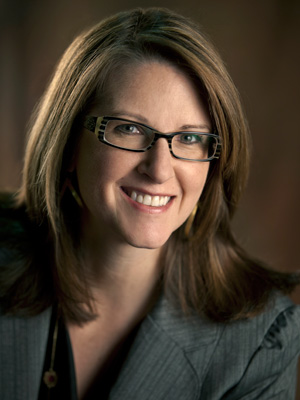The Clustering of Like-Minded Americans
October 30, 2008What caused the deep philosophical, political and religious divides that characterize American culture today? According to journalist Bill Bishop, we did it ourselves by choosing where and how to live and think. We’ll discuss his research this hour and his recent book “The Big Sort: Why the Clustering of Like-Minded America is Tearing Us Apart” […]










